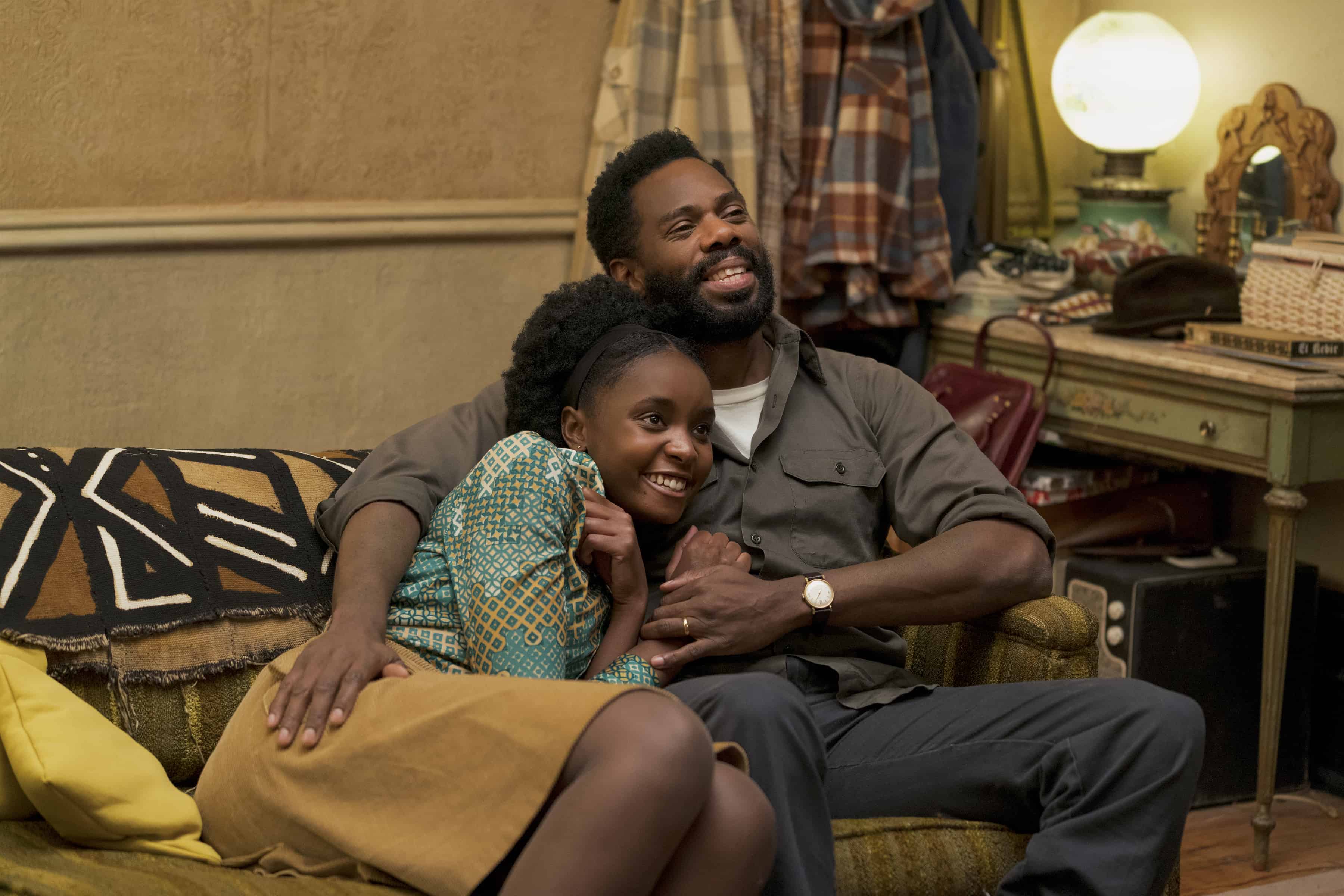If Beale Street Could Talk is the latest work of Barry Jenkins, who took home the Best Picture Oscar in 2017 for directing Moonlight. This new production is loosely based on a novel published in 1974 by James Baldwin.
The main characters are Tish and Fonny, who are a young couple living in Louisiana. Jenkins portrays them with uncanny elegance, revealing their love for one another with intimate gestures and silent gazes more than with words alone. The film is filled with themes of love, belief, conflict, racial prejudice, and beauty, all of which could serve as fodder for further reflection.
There was however one scene where religion in particular makes a shocking entrance into the film.The scene takes place in the living room of Tish’s parent’s home. They have invited Fonny’s family over to tell them that Tish and Fonny are going to have a baby, despite their not being married, and with Fonny in prison under a false criminal charge.
Soon Fonny’s mother and father, Mrs. and Mr. Hunt, along with his two sisters arrive. They all courteously greet Tish and her family, with the exception of Mrs. Hunt, who enters the room with her jaw coldly set and her eyes suspiciously scrutinizing each person in the room. Dressed neatly in a light yellow and white dress, her presence immediately fills the space with an air of tension.
After a few minutes, Tish announces that Fonny is going to be a father. After a couple terse back and forth questions, Mrs. Hunt is visibly smoldering. Then, she slowly rises from the couch, and walking toward Trish with a piercing stare retorts,
I guess you call your lustful action love. I don’t. I always knew you’d be the destruction of my son. The Bible says: “Put to death therefore what is earthly in you: sexual immorality, impurity, passion, evil desire and covetousness.”
With growing force, she continues,
That child is born of sin, the Holy Ghost will cause it to shrivel in your womb. But my son will be forgiven.
Suddenly, chaos breaks loose. Mr. Hunt lunges toward Mrs. Hunt and strikes her on the face, sending her to the floor. Tish’s father grabs him as Mr. Hunt reviles his wife. He is eventually shepharded out of the room by Tish’s father, leaving only the women in the living room.
Through the rest of the conversation, insults are thrown and emotions flare. The scene finally ends with the Hunt’s exiting the house as Mrs. Hunt breaks down in tears, unable to accept the reality that she will have a grandchild “born of sin.”
*****
Most parents know the intense struggle and pain of having their religious values come into conflict with their children’s life choices. Some people react like Mrs. Hunt, pushing their children and others away in order to remain sincere in their beliefs. Others may go the opposite direction by compromising their religious beliefs in order to support their children. I think reflecting on this film can offer a Catholic way forward through this kind of challenge that avoids having to reject loved ones or compromise religious belief.
From a Catholic perspective, it is true that what Fonny and Tish did in having a child before marriage is a morally wrong act. That being said, the magic of If Beale Street Could Talk is in the depiction of how profoundly loving Fonny and Tish’s relationship is, despite their not being married yet. They have known each other their whole lives and neither of them have taken advantage of one another. Their relationship is rooted in intimate companionship, not merely in physical attraction.
The nature of their relationship is in a gray area. Our temptation is to judge the relationship in black and white, much like Mrs. Hunt. There is, after all, the immorality of having sex before marriage. But what about all of the truth and goodness of their love for one another? What about the child, who deserves a loving home and caring family? In short, If Beale Street Could Talk illustrates that life is not black and white. And if one has only a black and white framework to work from, then fear and insincerity rear their ugly heads. This film all but insists that there has to be another way.
In Amoris Laetitia, Pope Francis writes, “I sincerely believe that Jesus wants a Church attentive to the goodness which the Holy Spirit sows in the midst of human weakness….” This does not mean throwing out our moral norms, nor does it mean using these norms as stones to throw. It means living with compassion, discernment, patience, and love, especially for the most vulnerable. This is not a black and white perspective, this is a human perspective. How can Mrs. Hunt respond to Fonny and Tish? She doesn’t need to condone their actions, but she doesn’t have to condemn them either. The most courageous response would be a genuine, human, loving response that reflects God’s own love and mercy, despite our sinfulness and weakness.
Approaching the story told in If Beale Street Could Talk from this Catholic point of view with an authentic human perspective means that one is not forced to choose between religion or one’s children. To be authentically religious is to exist in the gray area. It is to continue to hold to one’s moral convictions even when a loved one does not, while at the same time not allowing those moral beliefs to blind us to what is good in that same situation. One of the greatest gifts of Catholicism is its insistence that grace and goodness work within the messiness of the world. We need not be afraid of compromising our beliefs, nor of separating ourselves from those we love. Rather, we simply love in the midst of the mess, and trust that God is continually laboring in us all.


